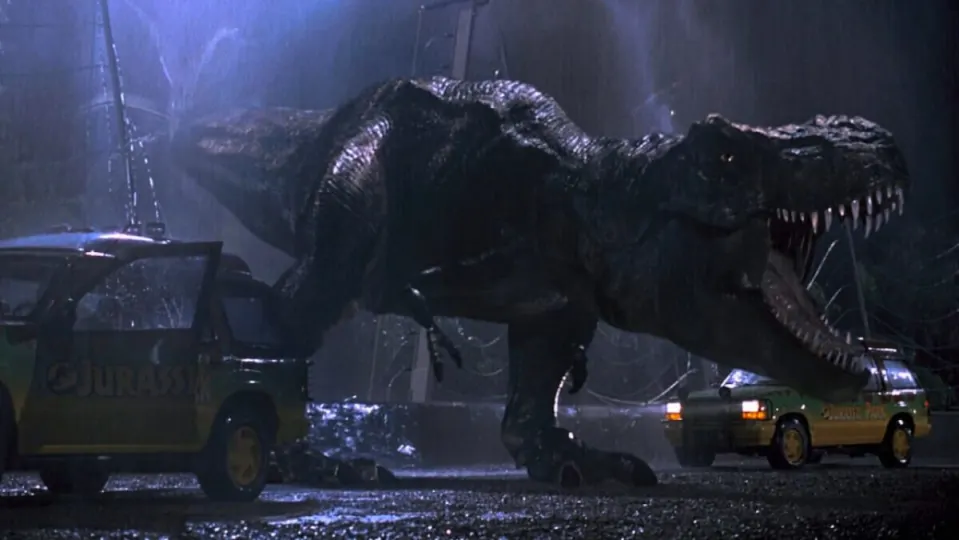The summer of 1993 witnessed a revolutionary phenomenon in cinema that would change the way action and adventure movies are made and perceived. That phenomenon was Jurassic Park, a film directed by Steven Spielberg and based on the novel of the same name written by Michael Crichton.
The feature film not only became an unprecedented box office success but also set new standards in film production, paving the way for an era of blockbusters filled with special effects, monsters, and extravagant action. Steven Spielberg had ushered in a new era in cinema, inspiring countless filmmakers to follow in his footsteps.
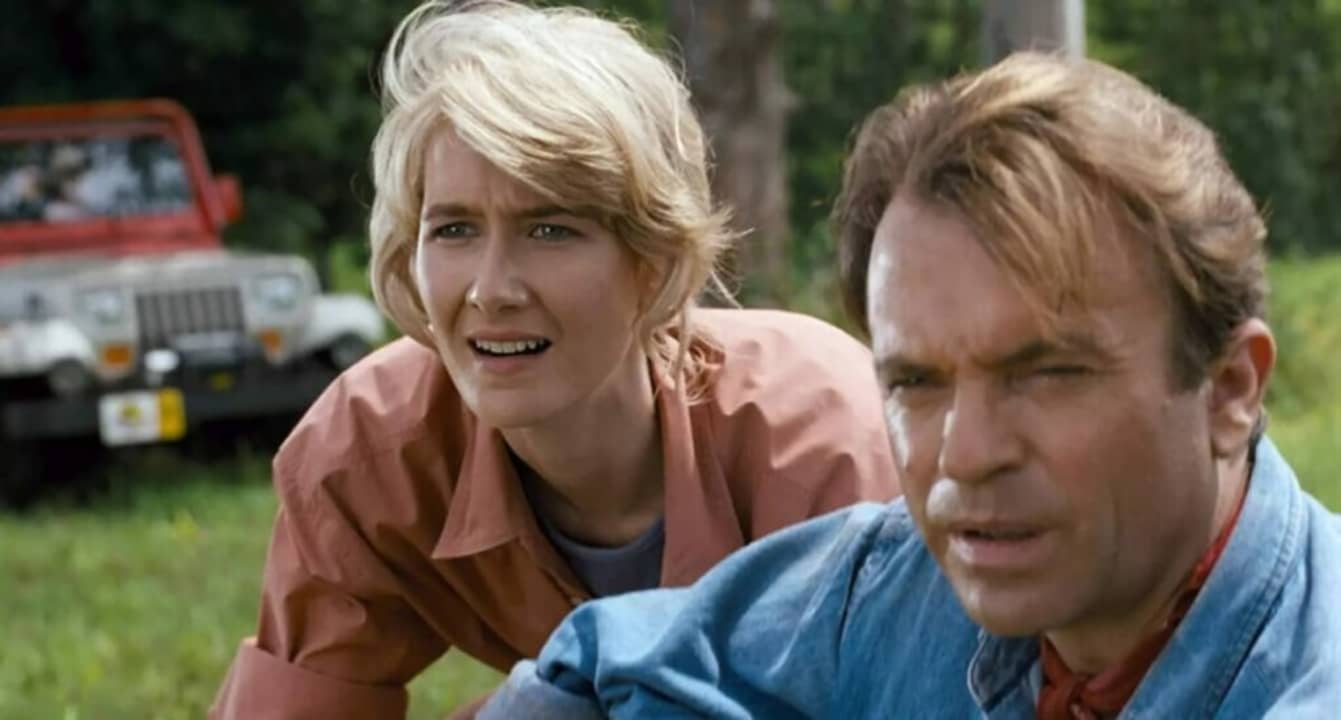
1993: the year of Spielberg
Thirty years ago, Steven Spielberg faced a critical moment in his career. The director had spent the past decade alternating between big blockbusters that established him as the director of the moment and personal projects in which he sought creative fulfillment. In addition, he produced several films that he did not direct, contributing to the rise of careers like Robert Zemeckis’.
Most of his projects achieved moderate success, with noticeable ups and downs that indicated his career was still in the process of fully establishing itself. However, 1993 was the year when everything came together. In that same year, Spielberg demonstrated that his two filmmaking approaches could coexist perfectly, as he released one of the biggest successes of his career and the film that earned him numerous awards: Jurassic Park and Schindler’s List.
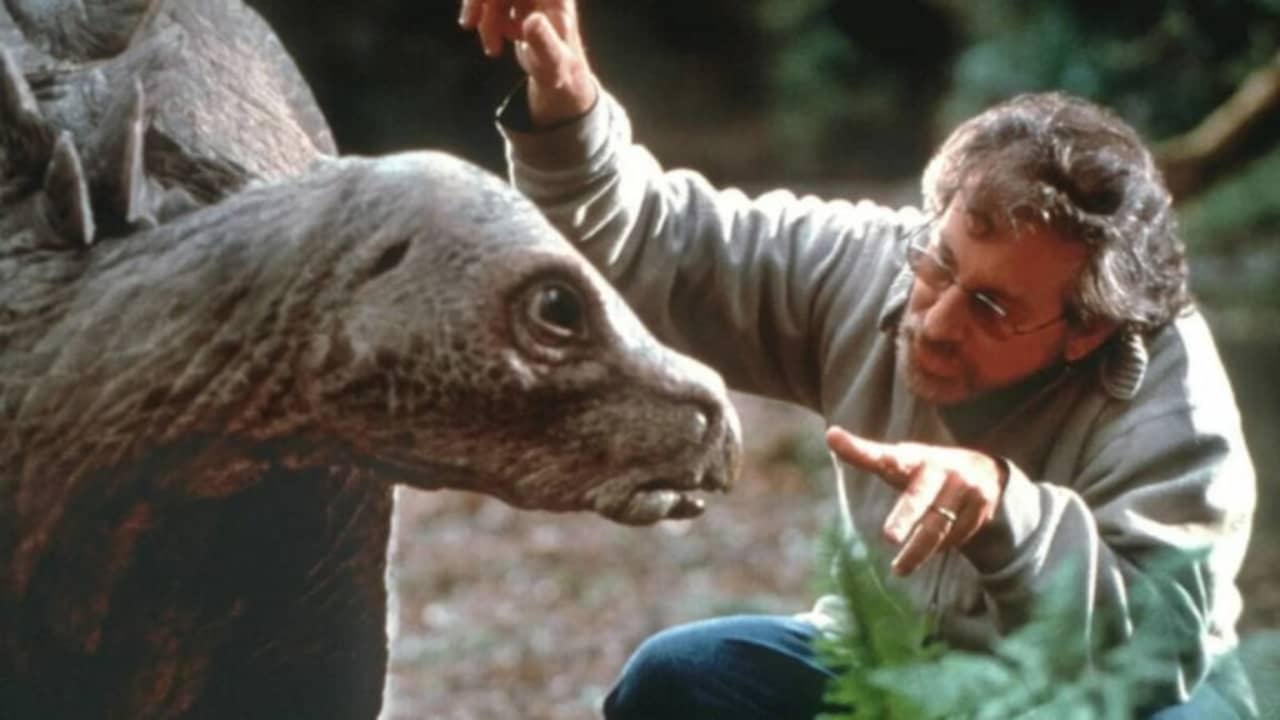
Today, both of these films are obvious classics, but at that time Spielberg faced certain pressure from critics that made him uncertain about which path to take. He knew he wanted to make the film about the Nazis, but he wanted to leave Jurassic Park to another director, with himself as the producer. He felt that taking on Jurassic Park would be a step back in his career as an auteur and would pigeonhole him once again as the director of Indiana Jones.
However, the author of the novel, Michael Crichton, who had become a star in his own right with its publication, spoke with Spielberg and made it clear that he had to be the director. Spielberg accepted the challenge willingly, leaving behind all his reservations and embracing a new opportunity. If he was going to direct the film, it had to be a revolutionary act.
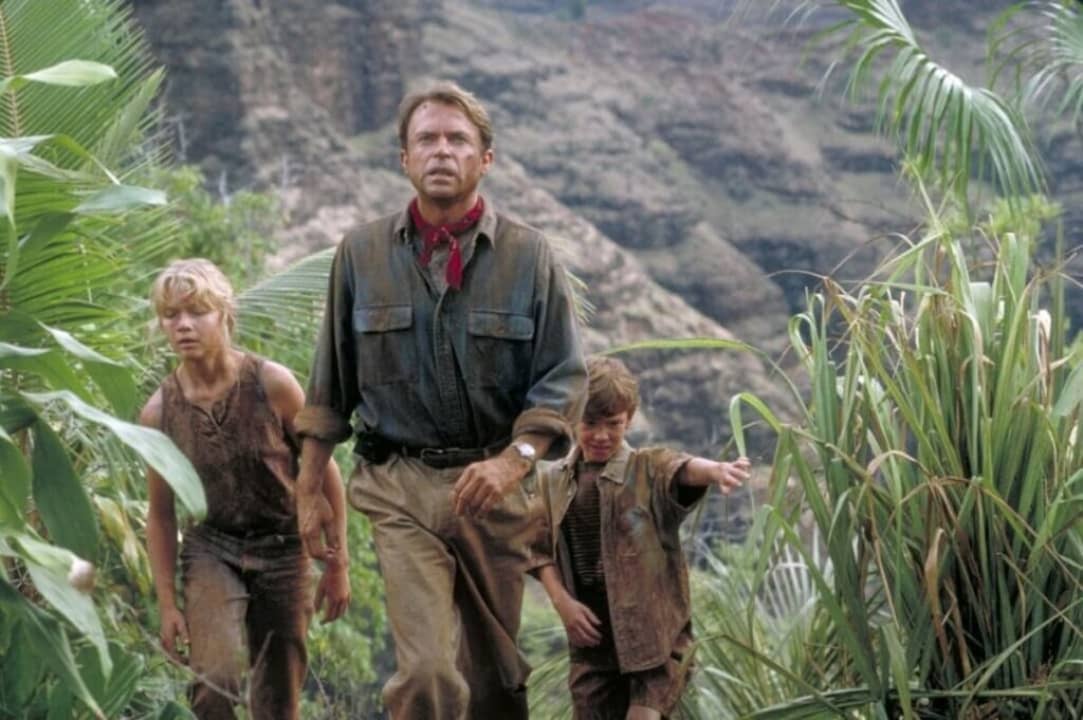
Laying the foundations for 21st century cinema
The production process of Jurassic Park was an unparalleled technical and creative challenge. To bring the dinosaurs to life, Spielberg employed a combination of practical effects and computer-generated imagery (CGI). At a time when this technology was still in its infancy, Spielberg met with George Lucas and, together with Industrial Light & Magic, they devised all those digital dinosaurs that were seamlessly blended with the realistic animatronics created by Stan Winston Studio.
It was something that had never been done before, and although Pixar was already working on their first feature film, it was a truly revolutionary feat. It didn’t matter that Star Wars had already revolutionized cinema twenty years prior; this was a new era where, this time, anything was possible.
But that wasn’t the only challenge Spielberg faced. The filming of the movie also presented numerous hurdles. The story took place on a remote island inhabited by dinosaurs, so it was necessary to find suitable locations to portray this exotic environment.

The production took place in various locations, including Hawaii and California. Additionally, an impressive set was built at Universal Studios in Los Angeles, which included the iconic park gate and visitor center. Spielberg and his team made great efforts to achieve a realistic and immersive atmosphere that would transport the audience into the world of dinosaurs, complemented by the director’s sublime direction.
Combined with a solid script and iconic performances that continue to resonate with fans, Jurassic Park became a resounding success upon its release in June 1993. The anticipation surrounding the film was immense, especially considering Spielberg’s previous hits such as E.T. and Jaws. However, the filmmaker managed to deliver even more than what was expected.
Jurassic Park was enthusiastically embraced by both audiences and critics, becoming an instant hit. It not only became the highest-grossing film of the year but also solidified Spielberg’s status as an exceptional director beyond his contemporaries. Moreover, it laid the foundation for the modern blockbuster, shaping the future of cinema.
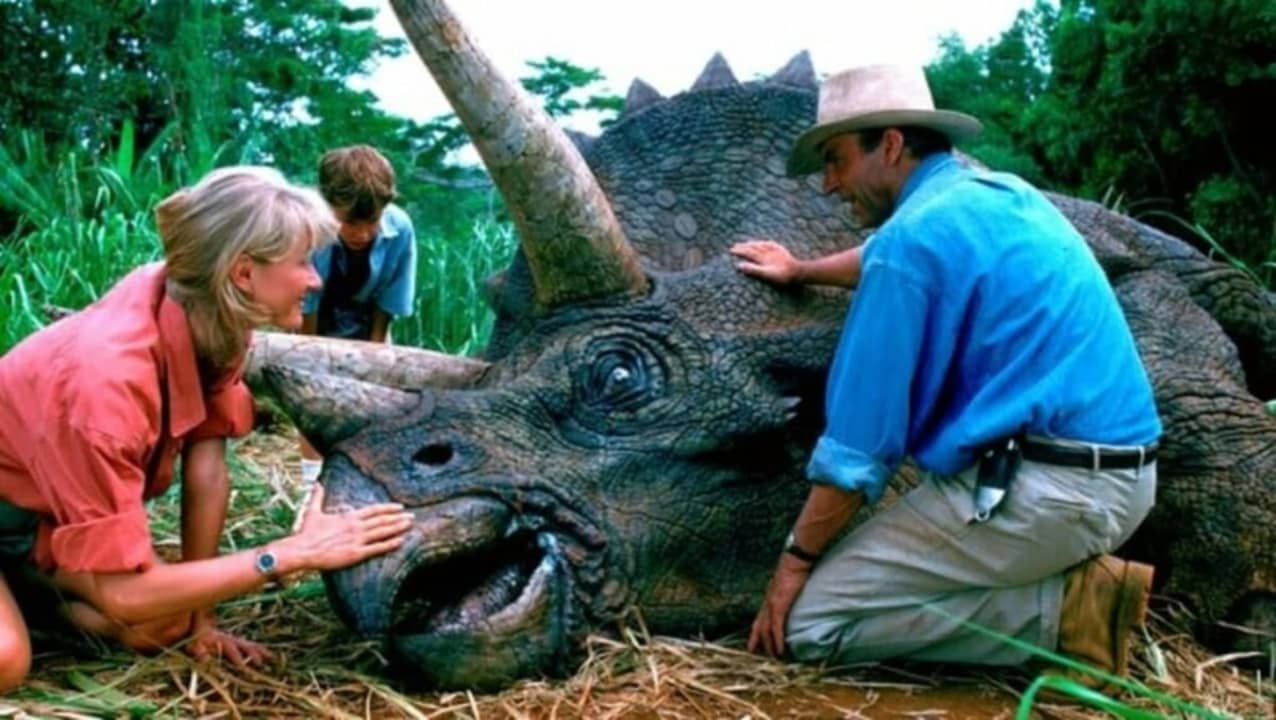
From that moment on, the floodgates opened for films filled with CGI that blended thrilling narratives with challenges never before seen by humankind. From The Matrix to Transformers, and from Godzilla to the Star Wars prequels, everything followed the path paved by Spielberg. And, of course, his own brand skyrocketed: Jurassic Park had two sequels and later three more with Jurassic World, all of which were undeniable box office successes.
Furthermore, another significant aspect of Jurassic Park that influenced modern cinema was its focus on commercialization and merchandising. The film was accompanied by a massive promotional campaign that included toys, video games, books, and a wide range of merchandise related to the movie. This established a new business model in the film industry, where movies became profitable franchises that extended beyond the big screen.
In conclusion, Jurassic Park was a groundbreaking film that shaped the modern blockbuster. Its innovative use of computer-generated special effects, captivating story, and successful marketing campaign turned it into a cultural phenomenon and laid the foundation for a new era in film production. Moreover, its legacy endures to this day with an ever-expanding franchise that continues to captivate new generations of viewers.
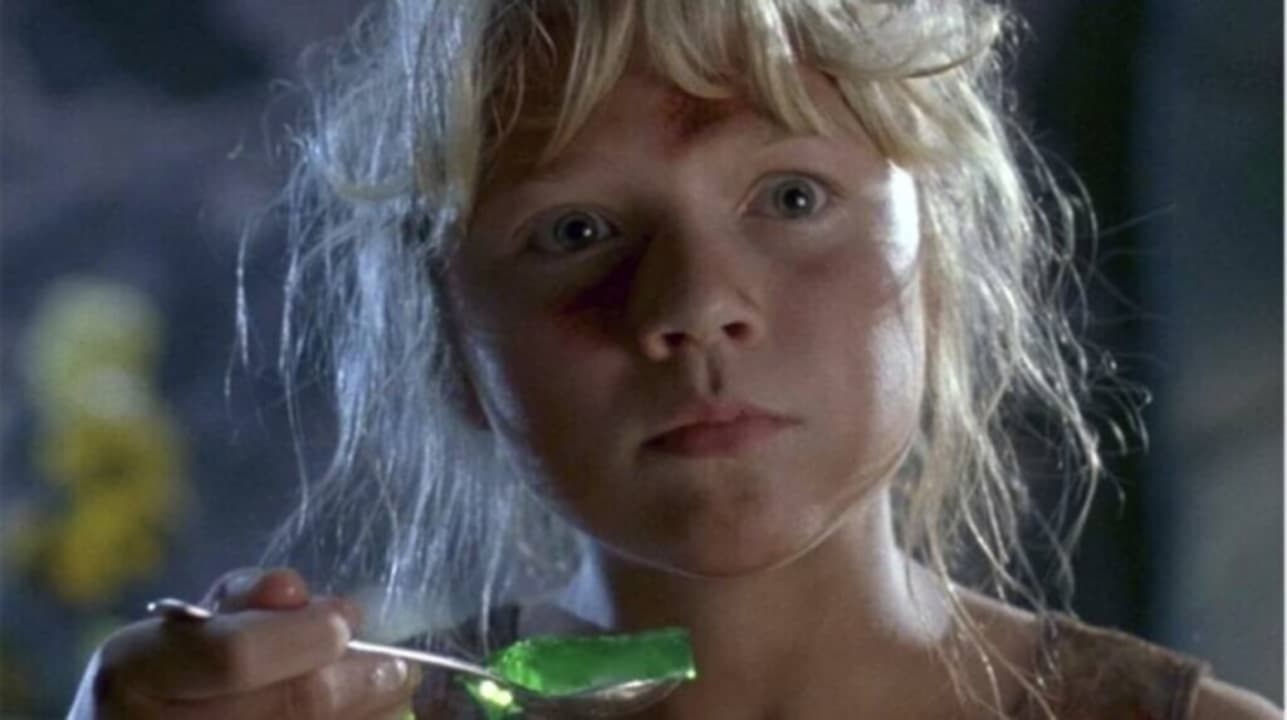
Some of the links added in the article are part of affiliate campaigns and may represent benefits for Softonic.
